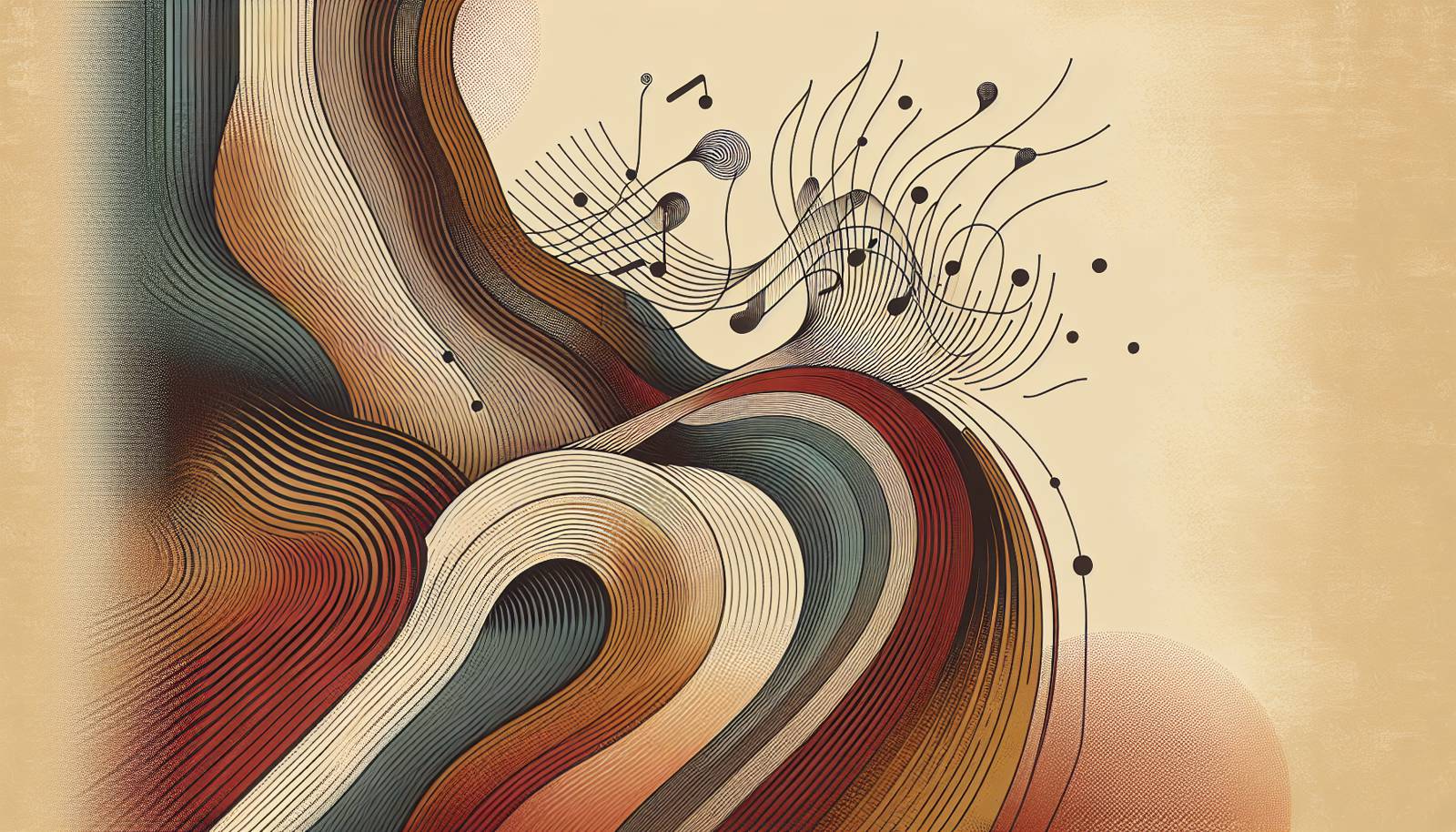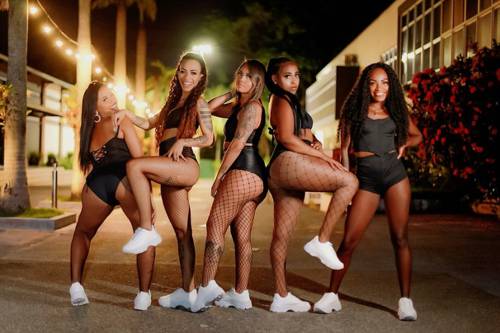
FAQ About The Influence of Brazilian Funk on Global Music Trends

What is Brazilian Funk and how did it originate?
Brazilian Funk, also known as Funk Carioca, is a music genre that originated in the favelas of Rio de Janeiro during the late 1970s and 1980s. It was heavily influenced by American funk and hip-hop music, evolving from Miami bass and freestyle music, which were adapted by local DJs and musicians to reflect the socio-cultural realities of life in Brazilian urban areas.

How has Brazilian Funk influenced global music trends?
Brazilian Funk has significantly influenced global music trends by integrating elements such as distinctive rhythms, beats, and lyrical styles into international pop and electronic music. Artists worldwide have incorporated these elements into their music, leading to a more diverse and dynamic soundscape. It has also inspired collaborations across genres, merging with reggaeton, hip-hop, and pop to create global hits.

Which international artists have been influenced by Brazilian Funk?
International artists like Major Lazer, M.I.A., and Anitta have drawn inspiration from Brazilian Funk. Anitta, in particular, has been instrumental in popularizing Brazilian Funk globally, collaborating with international artists and performing on global stages. Additionally, tracks by artists like Drake and Cardi B also show rhythmic influences reminiscent of Brazilian Funk.

What are the key musical characteristics of Brazilian Funk?
Brazilian Funk is characterized by its fast-paced beats, repetitive bass lines, and energetic rhythms. It often features samples from various genres and includes rapped or sung lyrics that are typically vibrant and often discuss themes relevant to the local communities, such as social issues, love, and daily life experiences.

How has Brazilian Funk impacted cultural perceptions of music?
Brazilian Funk has challenged traditional perceptions of music by highlighting the creativity and resilience of marginalized communities. Its rise to global prominence has increased awareness of the cultural richness of Brazilian urban areas and has contributed to a broader acceptance and appreciation of diverse musical styles and narratives.

What role do favelas play in the development of Brazilian Funk?
Favelas have been critical in the development of Brazilian Funk, serving as the birthplace and incubator for this genre. The music reflects the socio-economic realities experienced in these communities and provides a platform for local voices to express their stories and struggles. This grassroots origin has been fundamental in shaping the genre's authenticity and vibrancy.

Are there any controversies associated with Brazilian Funk?
Yes, Brazilian Funk often faces controversies due to its explicit lyrics and themes, which some criticize for promoting violence, sexism, and vulgarity. However, supporters argue that the music reflects the realities of life in underprivileged areas and serves as a form of artistic expression and social commentary. Consequently, the genre has sparked debates about censorship and freedom of expression in music.

How is Brazilian Funk different from American funk music?
While both Brazilian Funk and American funk share some similarities, such as the use of danceable rhythms and energetic performances, they differ in their cultural contexts and musical influences. Brazilian Funk has more of a focus on electronic sounds and is heavily infused with local Brazilian rhythms and languages, whereas American funk traditionally emphasizes live instrumentation and soul influences.

What is the significance of baile funk?
Baile Funk refers to the dance parties where Brazilian Funk is played, primarily in the favelas of Rio de Janeiro. These events are crucial for community gathering and cultural expression. They play a vital role in spreading the genre locally and internationally, serving as a cultural hub for new music and dance trends.

Has Brazilian Funk influenced any specific music genres?
Brazilian Funk has notably influenced genres such as reggaeton, hip-hop, and electronic dance music (EDM). Its energetic beats and rhythms have been incorporated into these genres, leading to hybrid musical styles that are popular in clubs and festivals around the world.

What are some popular Brazilian Funk songs that have gained international attention?
Songs like "Bum Bum Tam Tam" by MC Fioti, "Vai Malandra" by Anitta, and "Bola Rebola" by Tropkillaz feat. J Balvin and Anitta have gained considerable international attention. These tracks demonstrate the genre's infectious rhythm and have contributed to extending its reach beyond Brazil.

How do Brazilian Funk artists collaborate with international musicians?
Brazilian Funk artists collaborate with international musicians through joint record projects, live performances, and global music festivals. These collaborations often blend different musical influences, resulting in innovative tracks that bridge cultural gaps and appeal to wider audiences. Platforms like YouTube and streaming services have also facilitated these cross-genre collaborations.

What challenges do Brazilian Funk artists face in gaining international recognition?
Brazilian Funk artists often face challenges such as language barriers, cultural misconceptions, and limited access to international distribution networks. Despite these hurdles, many artists utilize digital platforms and social media to reach global audiences, showcasing their music and cultural heritage effectively.

How has streaming impacted the spread of Brazilian Funk globally?
Streaming services like Spotify and YouTube have been instrumental in the global spread of Brazilian Funk. These platforms allow artists to reach international audiences directly, bypassing traditional music industry barriers. As a result, Brazilian Funk musicians can distribute their work widely, leading to increased visibility and recognition worldwide.

What impact has Brazilian Funk had on Brazilian society?
Brazilian Funk has had a significant impact on Brazilian society by providing a means of expression for marginalized communities and fostering dialogue around social issues. It has helped to break down cultural barriers, promoting inclusivity and pushing the boundaries of traditional Brazilian music norms.

Are there festivals dedicated to Brazilian Funk music?
Yes, several festivals in Brazil and internationally feature Brazilian Funk music, highlighting its cultural significance and growing appeal. Events like the Baile Funk festivals in Rio de Janeiro and performances at global music festivals help to promote the genre and bring it to wider audiences.

How does Brazilian Funk reflect the socio-economic realities of Brazil?
Brazilian Funk often reflects the socio-economic challenges faced by residents of Brazil's favelas, including issues like poverty, violence, and inequality. The music provides a voice for these communities, allowing artists to articulate their experiences and aspirations through compelling rhythms and lyrics, thus resonating with both local and global listeners.

How have technology and social media influenced Brazilian Funk's growth?
Technology and social media have played a crucial role in expanding Brazilian Funk's reach. Platforms like YouTube, TikTok, and Instagram allow artists to promote their music and engage directly with fans worldwide. These tools have enabled Brazilian Funk to gain popularity rapidly, breaking through geographical and cultural barriers.

What role does dance play in Brazilian Funk culture?
Dance is integral to Brazilian Funk culture, enhancing the music's dynamic and vibrant nature. The energetic and often improvisational dance styles associated with Brazilian Funk are performed at baile funk events and beyond, helping to spread the genre's infectious energy and appeal to a global audience.
